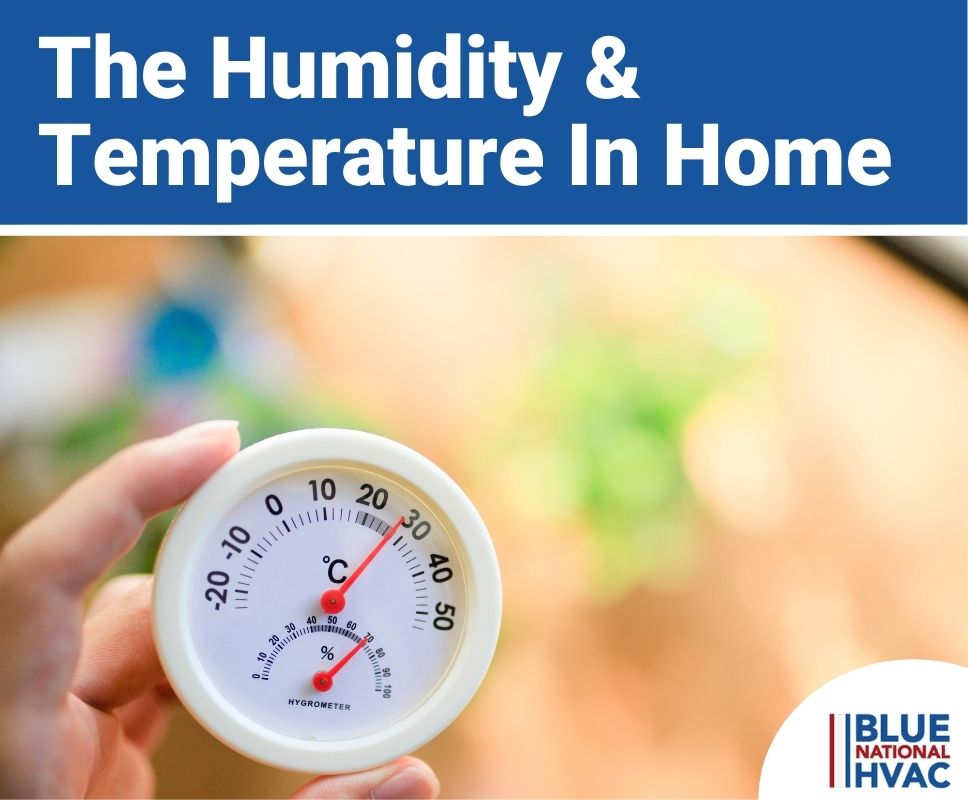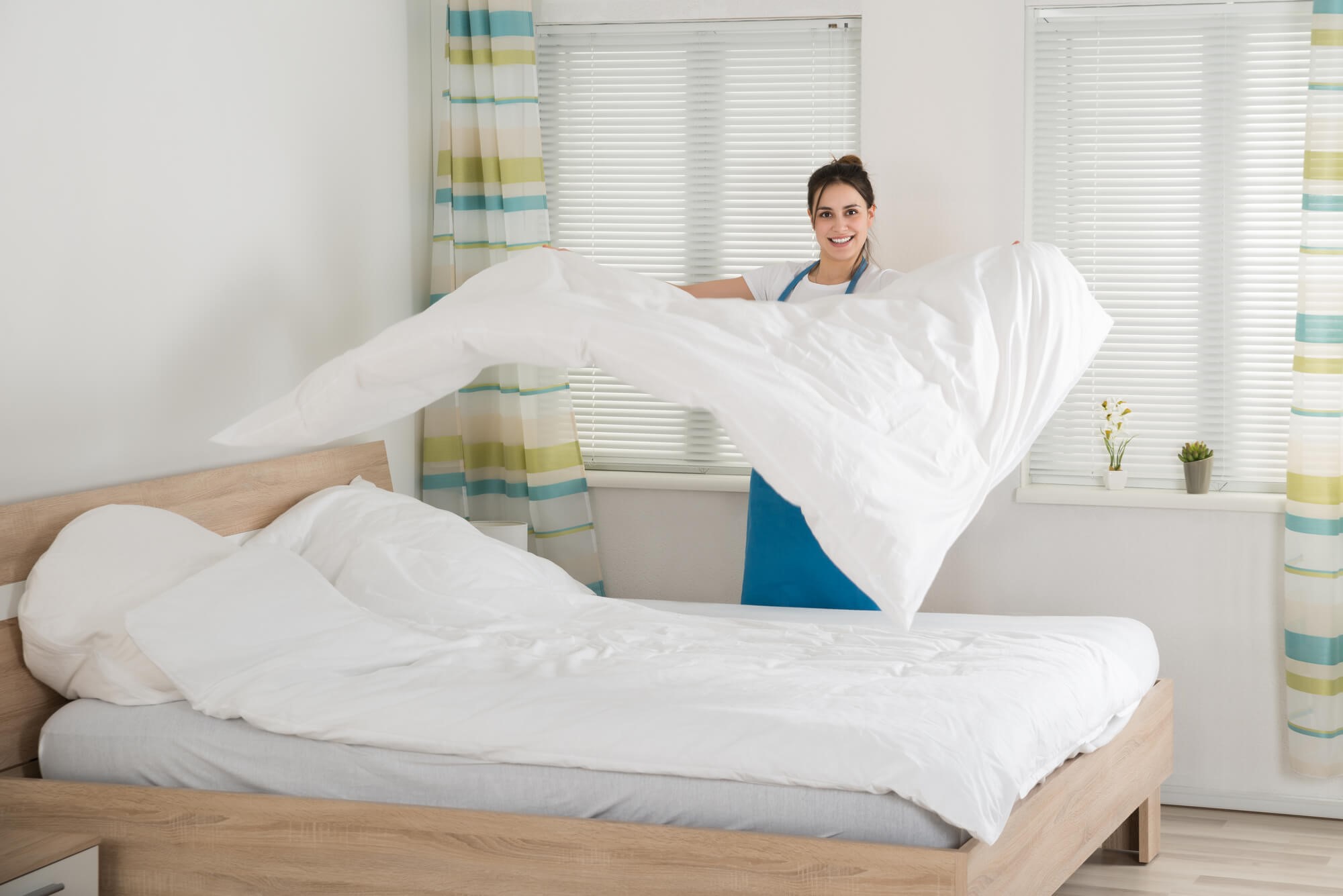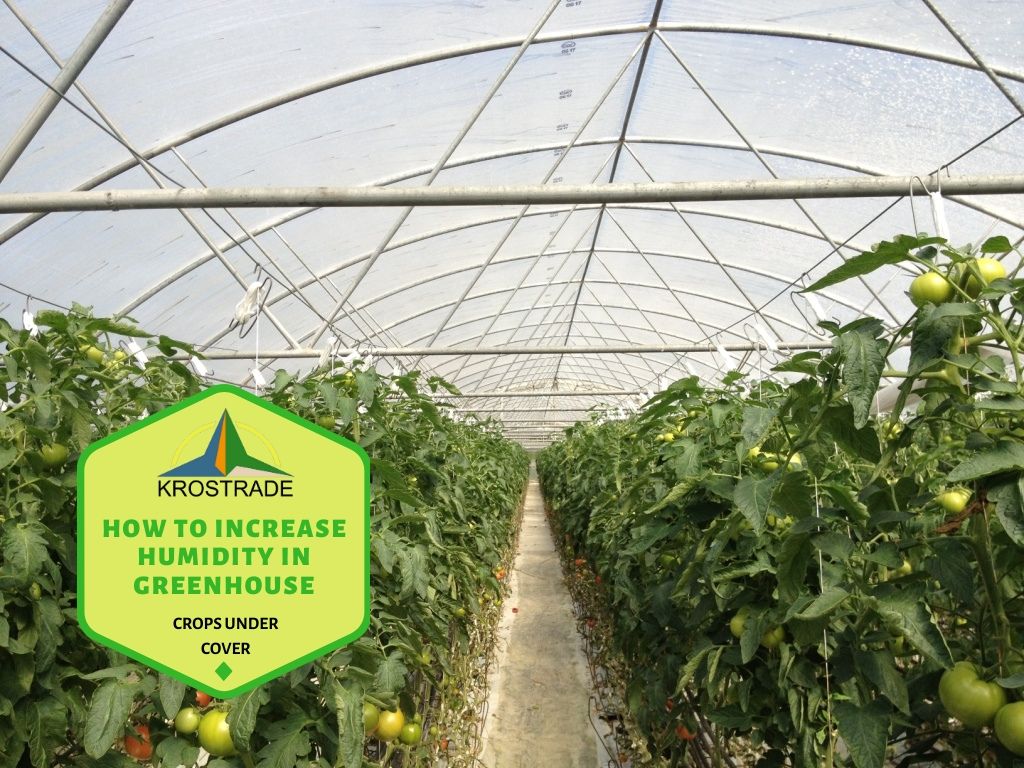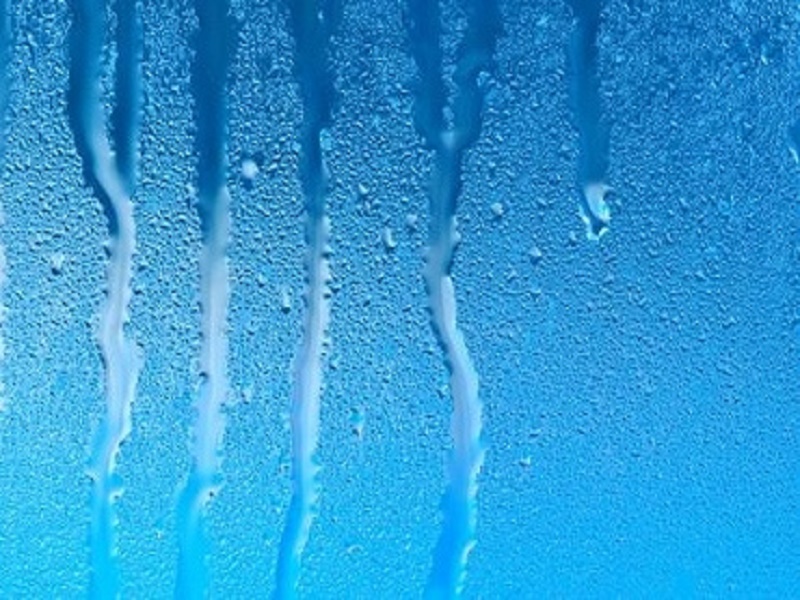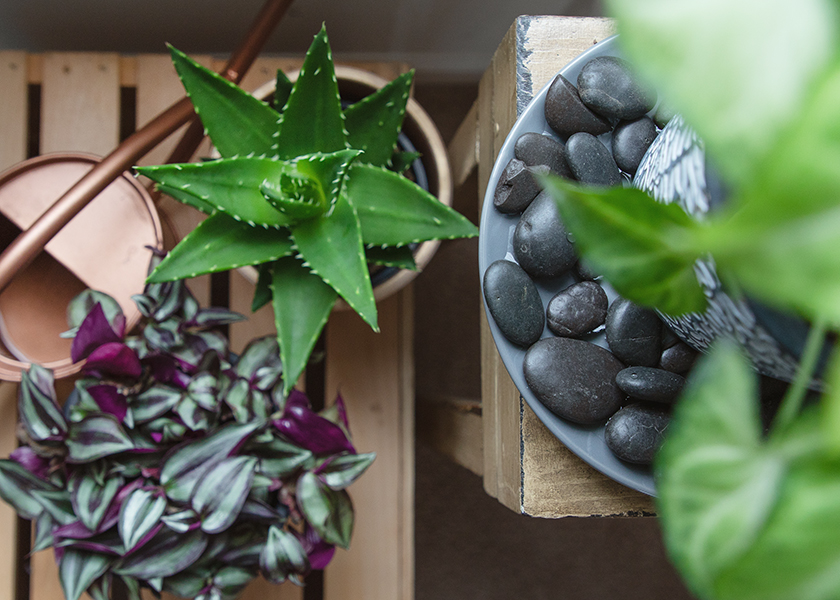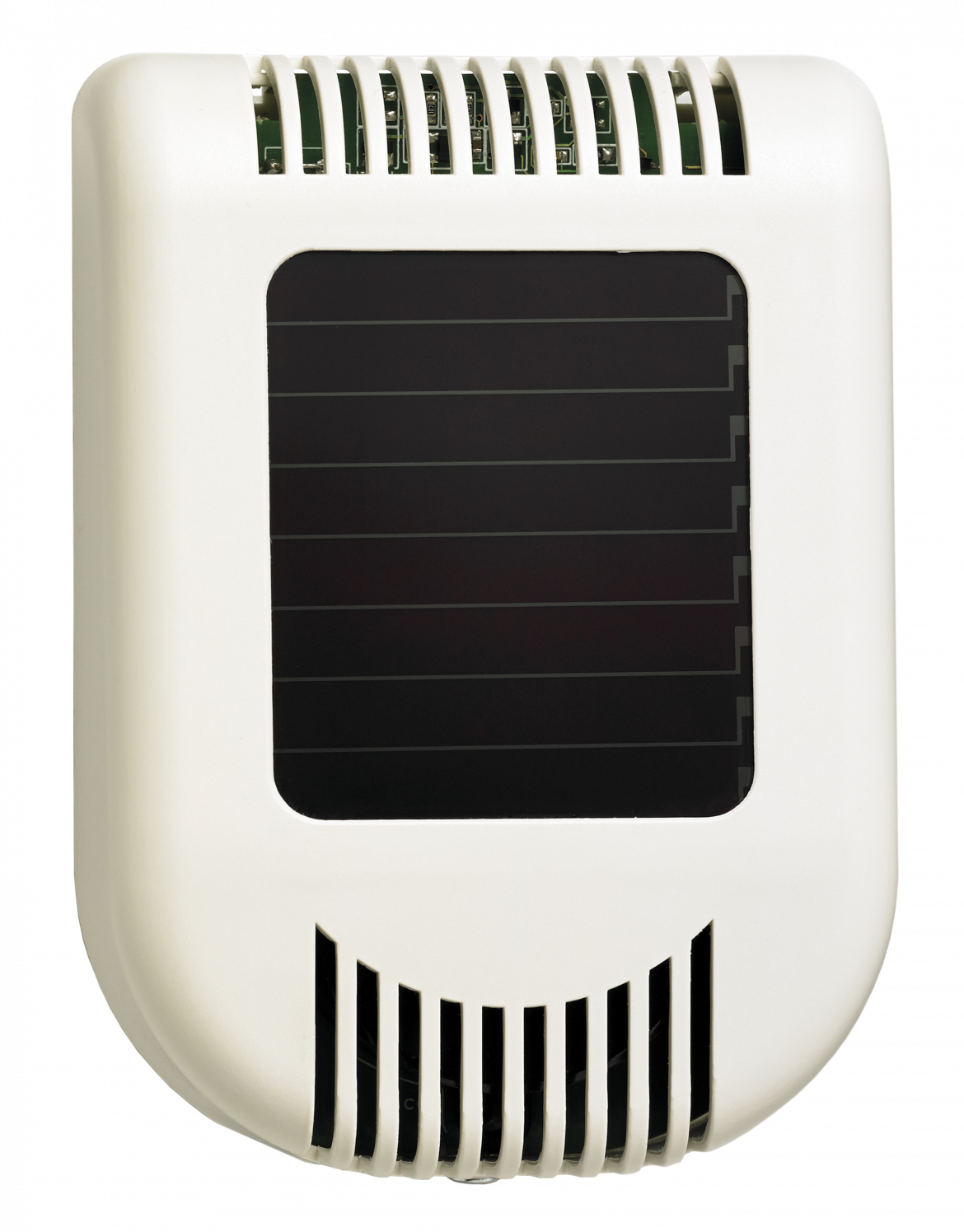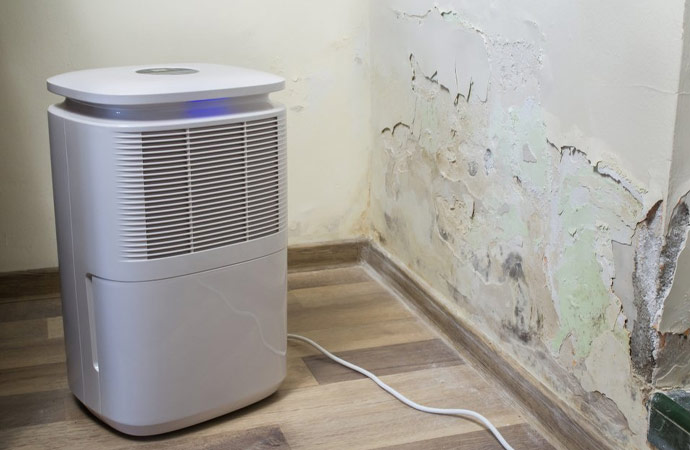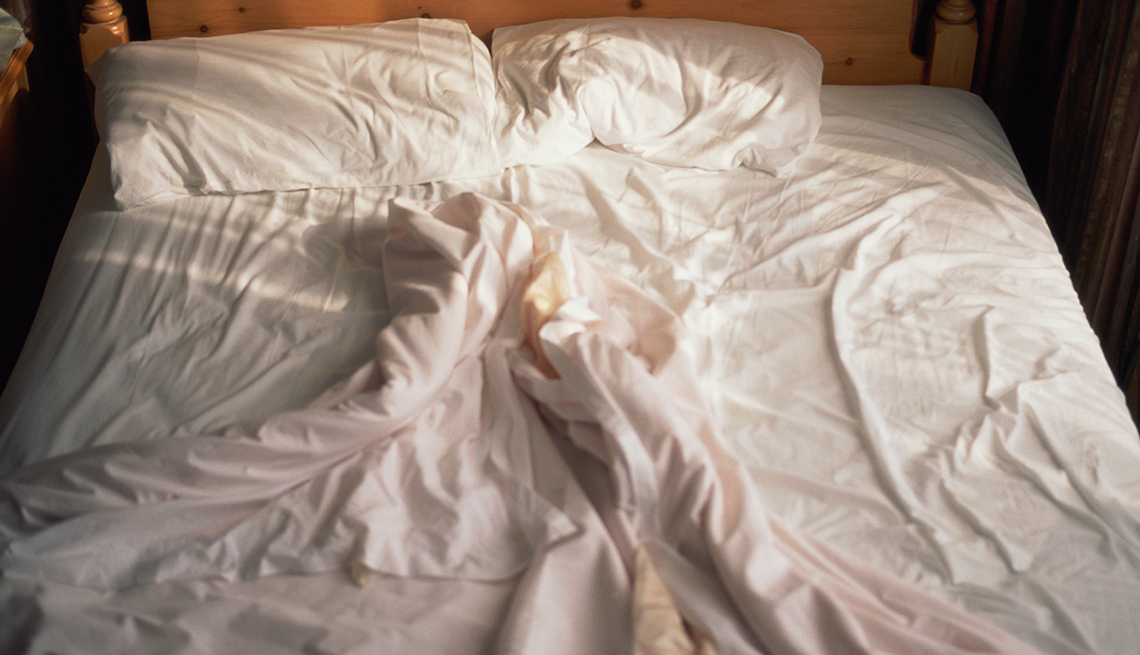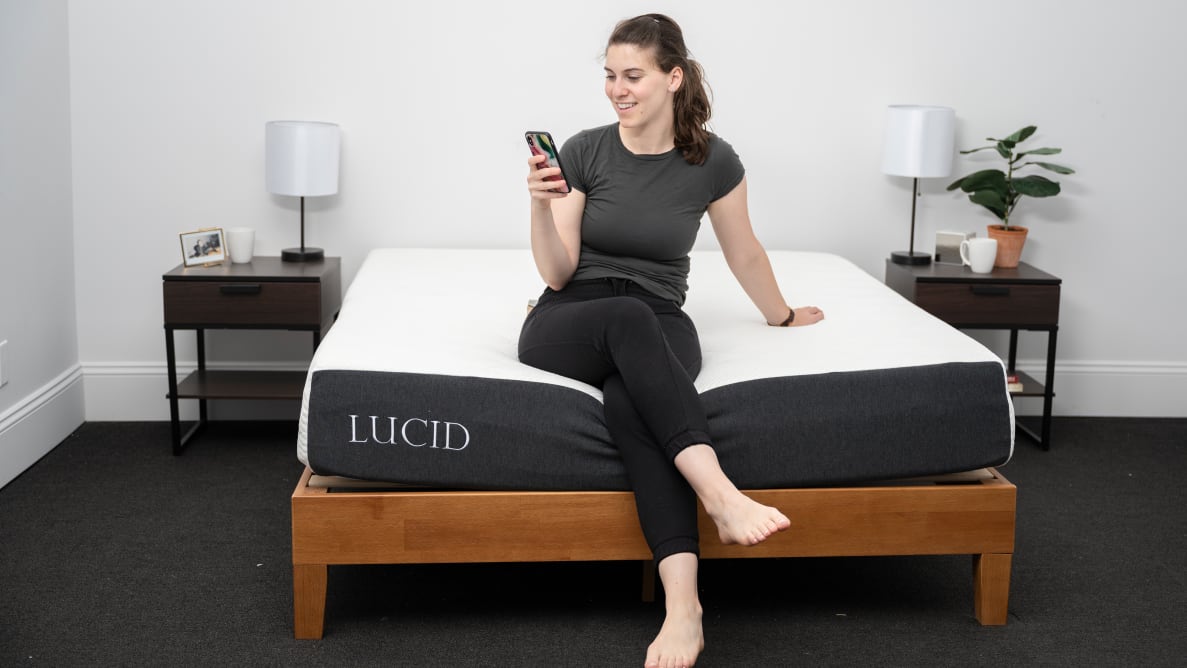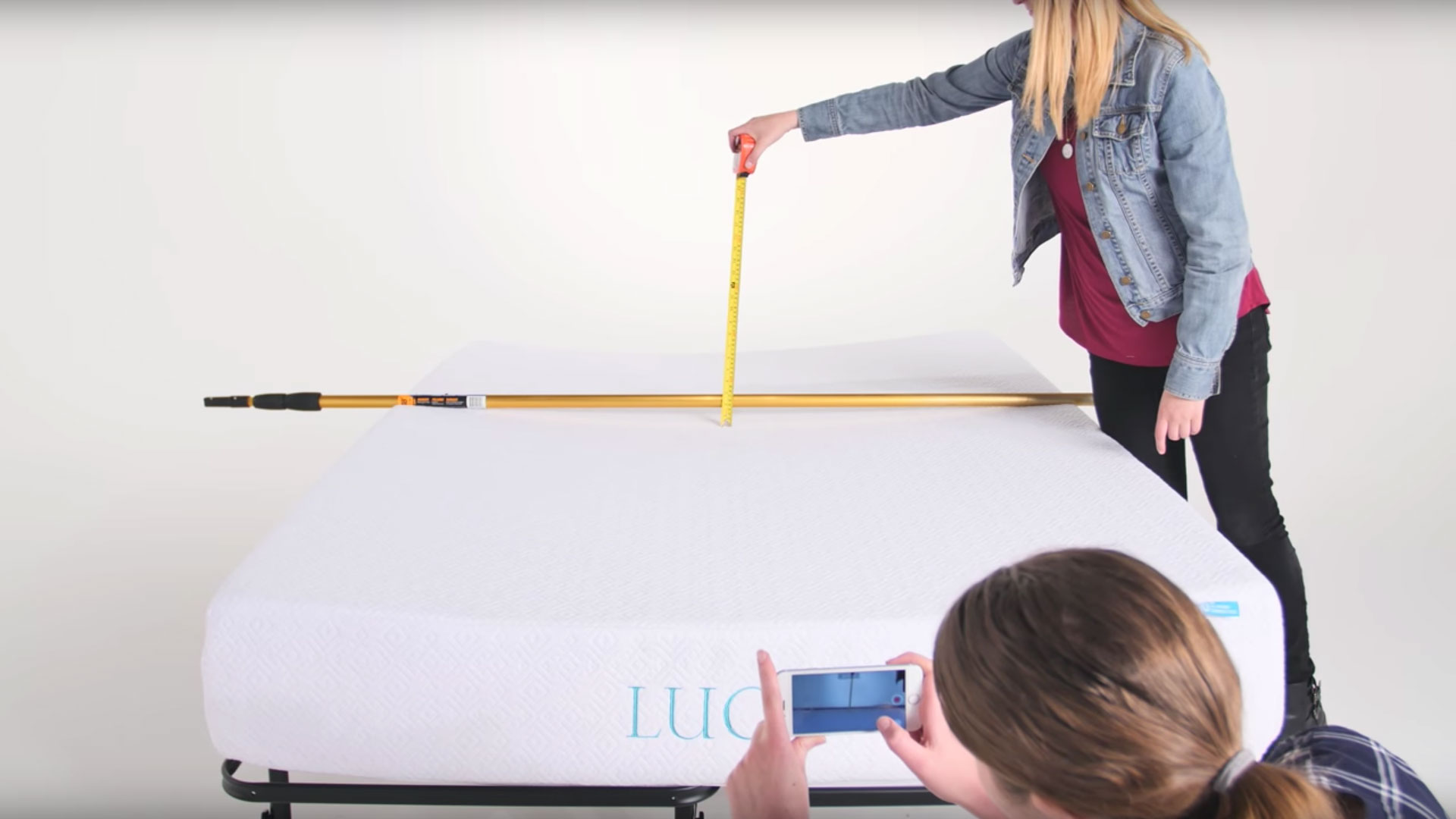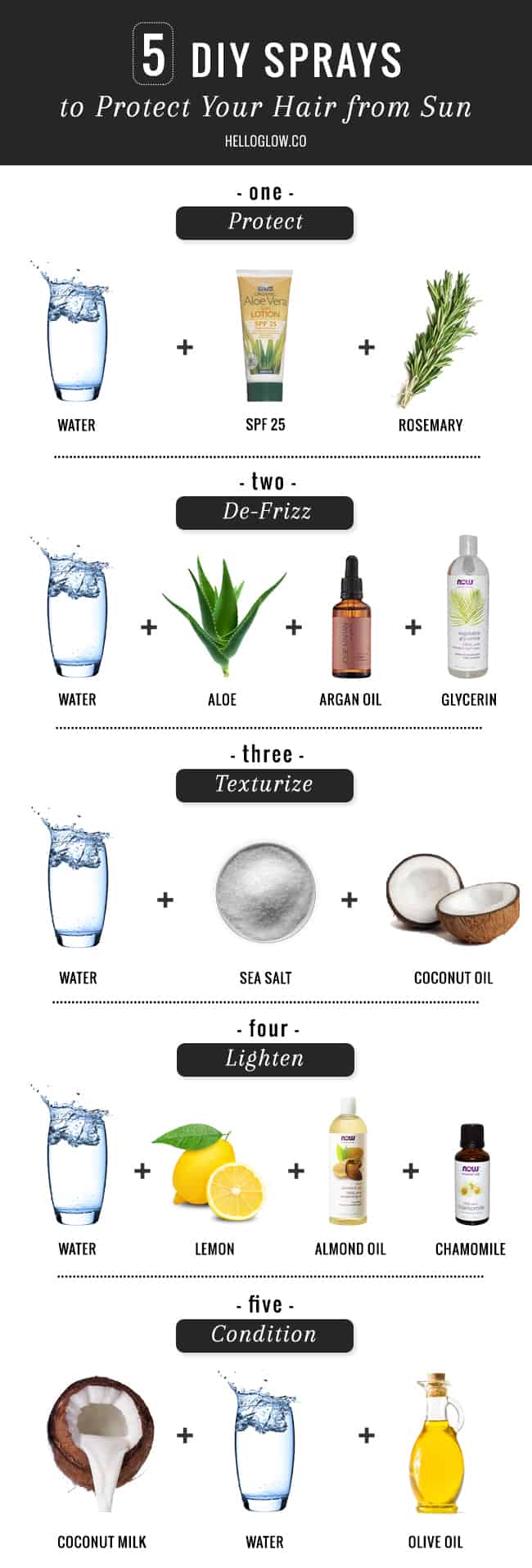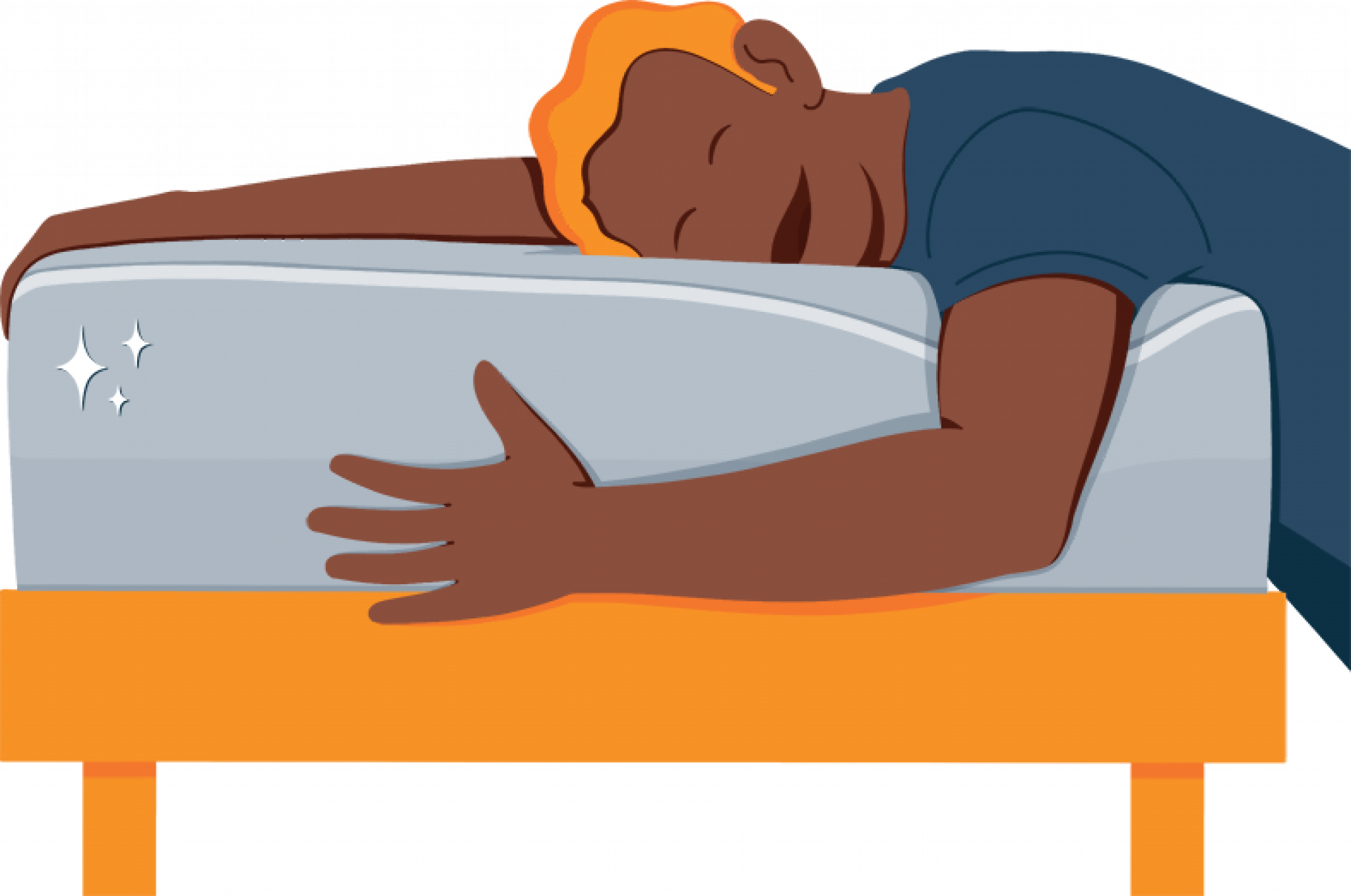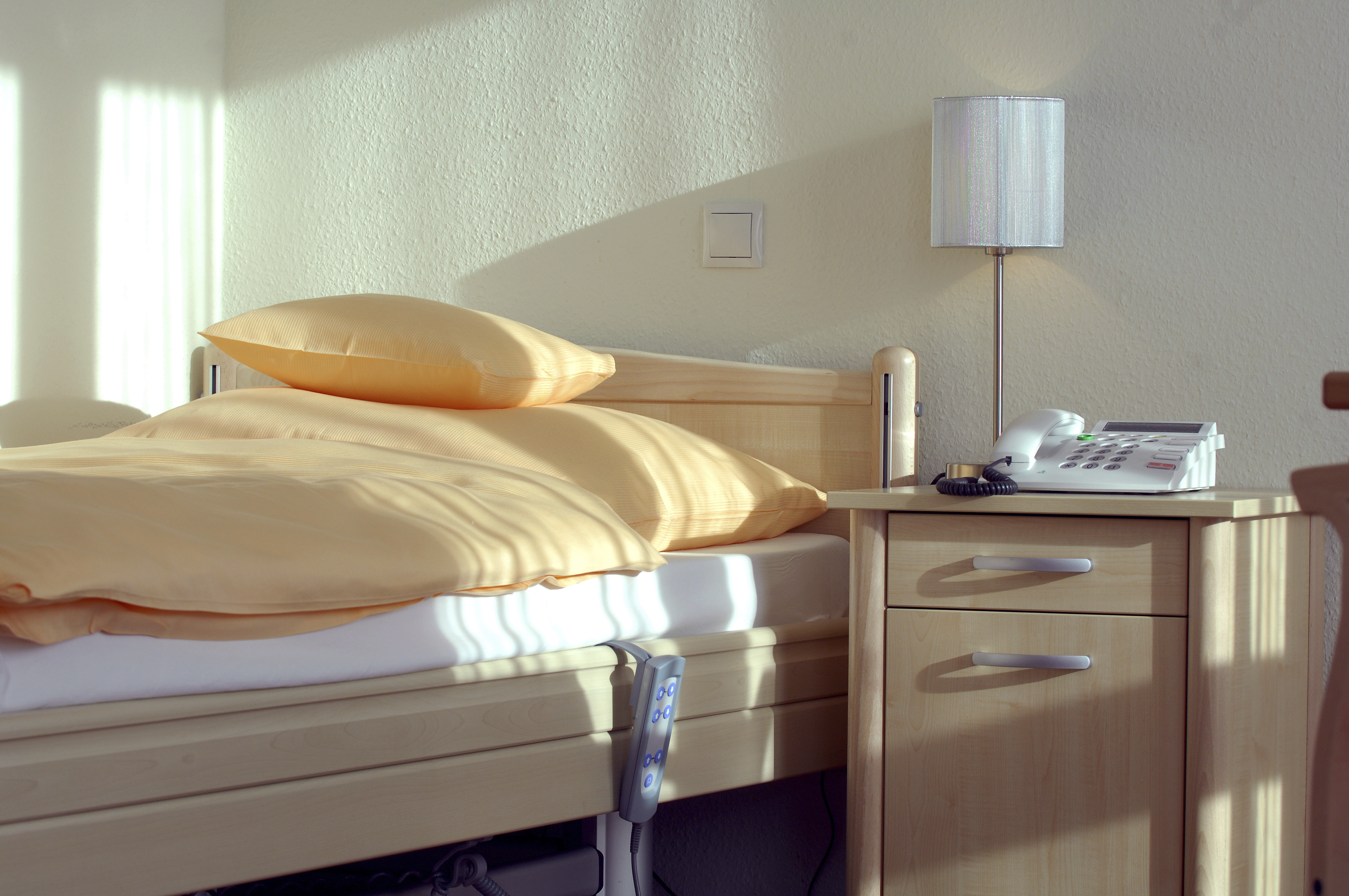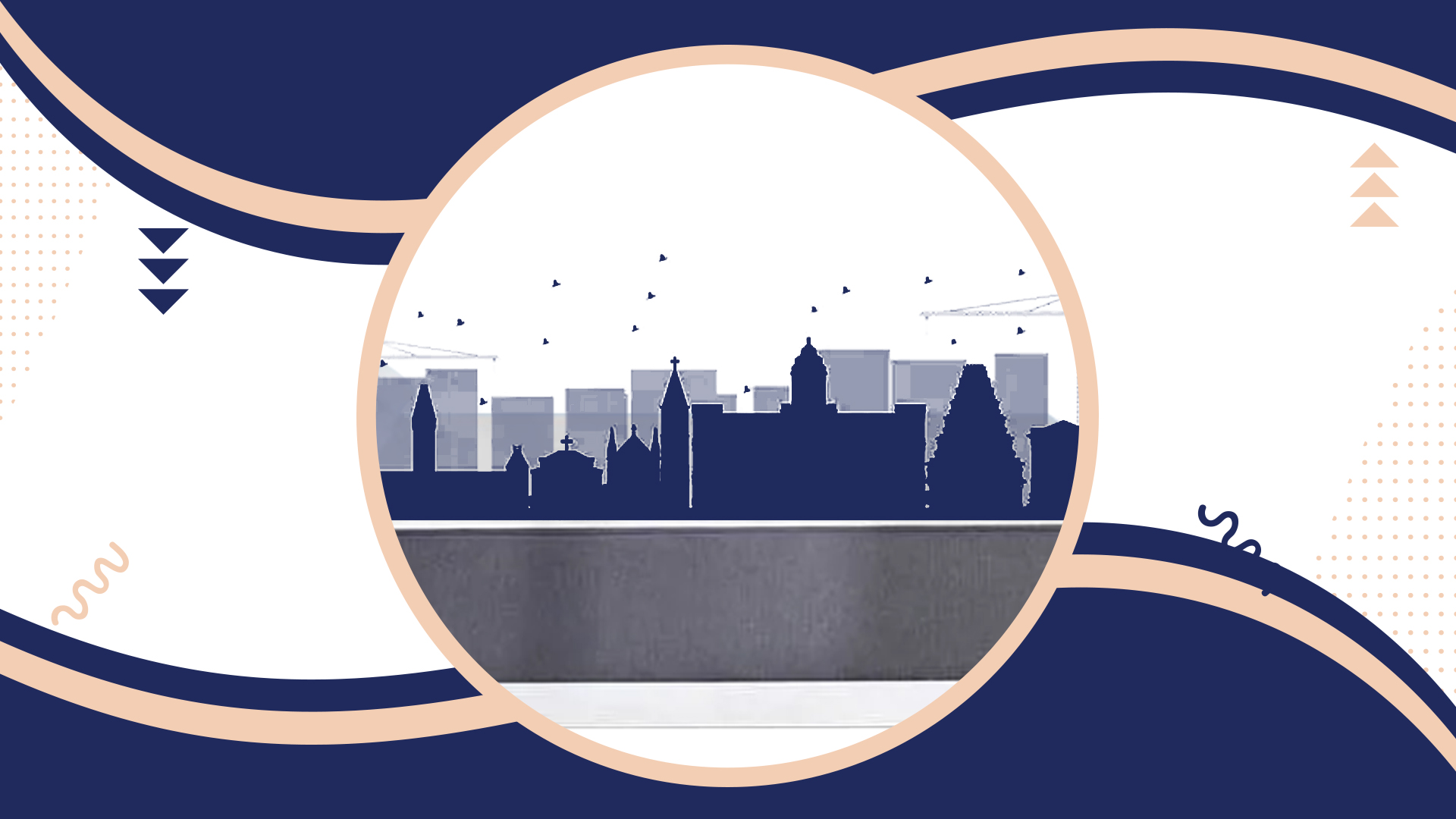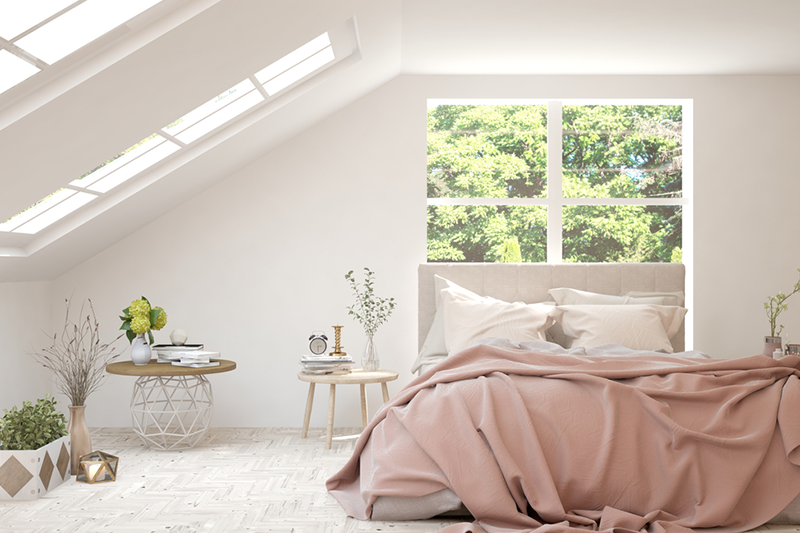Humidity is the amount of moisture present in the air. While we often associate humidity with discomfort during hot summer days, it can also have a negative impact on our mattresses. The excess moisture in the air can cause damage and deterioration to our beloved mattresses, leading to potential health hazards and costly replacements. In this article, we will explore the top 10 ways humidity can ruin a mattress and how to prevent it.How Humidity Can Ruin Your Mattress
Excess humidity can lead to a variety of issues with your mattress. The constant exposure to moisture can cause the materials to break down, leading to sagging, mold growth, and unpleasant odors. Additionally, high humidity can also attract dust mites and other allergens, making it difficult for people with allergies to get a good night's sleep. It's essential to understand these effects to prevent any damage to your mattress.Effects of Humidity on Mattresses
The first step to preventing humidity damage to your mattress is to control the moisture levels in your bedroom. The ideal humidity level for a bedroom should be between 30-50%. You can use a dehumidifier to remove excess moisture from the air, especially during the summer months. It's also essential to keep your windows and doors closed during humid weather to prevent moisture from entering your bedroom.Preventing Humidity Damage to Your Mattress
Mold is a common problem in humid environments, and it can also grow on your mattress. The combination of moisture and warmth creates the perfect breeding ground for mold spores to thrive. If left unchecked, mold can spread and cause severe damage to your mattress and potentially affect your health. To prevent mold growth, make sure to keep your bedroom well-ventilated and avoid spilling liquids on your mattress.Humidity and Mattress Mold
Humidity can also lead to unpleasant odors emanating from your mattress. The excess moisture can cause sweat and other bodily fluids to seep into the mattress, creating an ideal environment for bacteria and fungi to grow. As a result, your mattress may emit a musty or mildew smell, making it unpleasant to sleep on. Regularly airing out your mattress and using a mattress protector can help prevent these odors.Humidity and Mattress Odor
High humidity levels can also cause your mattress to deteriorate faster. The moisture can weaken the materials and cause them to break down, leading to sagging and discomfort. Additionally, the excess moisture can also attract pests, such as bed bugs, that can damage your mattress even further. To prevent deterioration, make sure to keep your bedroom well-ventilated, and invest in a high-quality mattress that can withstand humid conditions.Humidity and Mattress Deterioration
Humidity can also contribute to the presence of allergens in your mattress. The moisture in the air can attract dust mites and other microscopic organisms, which can cause allergic reactions in some individuals. These allergens can also trigger asthma and other respiratory issues, making it crucial to keep your mattress clean and dry. Regularly vacuuming and using a hypoallergenic mattress cover can help reduce the presence of allergens in your mattress.Humidity and Mattress Allergens
Most mattress warranties do not cover damage caused by humidity. This means that if your mattress gets damaged due to high humidity levels, you may not be able to get it repaired or replaced under warranty. To avoid this, make sure to follow the manufacturer's instructions for caring for your mattress and keep it in a well-ventilated, dry environment.Humidity and Mattress Warranty
Aside from controlling the humidity levels in your bedroom, there are other steps you can take to protect your mattress from humidity damage. Using a mattress protector can create a barrier between your mattress and any spills or bodily fluids, preventing moisture from seeping into the mattress. You can also regularly rotate and flip your mattress to distribute any moisture and prevent sagging.How to Protect Your Mattress from Humidity
If you live in a humid climate, it's essential to choose a mattress that can withstand these conditions. Look for mattresses made from materials that are resistant to mold and mildew, such as latex or memory foam. These mattresses are also hypoallergenic, making them a good choice for those with allergies. Additionally, consider getting a mattress with a cooling feature, such as a gel-infused layer, to help regulate temperature and prevent excess moisture buildup.Best Mattress for Humid Climates
The Impact of Humidity on Your Mattress

Understanding the Potential Damage
 We all know that
humidity
can wreak havoc on our hair, skin, and overall comfort level. But did you know that it can also have a negative impact on your
mattress
? Humidity is the amount of moisture present in the air and it can greatly affect the materials and construction of your mattress. In this article, we will dive into the potential damage that humidity can cause to your
mattress
and how you can protect it.
We all know that
humidity
can wreak havoc on our hair, skin, and overall comfort level. But did you know that it can also have a negative impact on your
mattress
? Humidity is the amount of moisture present in the air and it can greatly affect the materials and construction of your mattress. In this article, we will dive into the potential damage that humidity can cause to your
mattress
and how you can protect it.
Moisture and Mold Growth
 One of the biggest concerns with high levels of humidity is the growth of mold and mildew. These fungi thrive in warm and damp environments, making your
mattress
the perfect breeding ground. As the moisture from the humidity seeps into the materials of your
mattress
, it creates the ideal conditions for mold and mildew to grow. This can not only cause an unpleasant odor, but it can also lead to health issues such as allergies and respiratory problems.
One of the biggest concerns with high levels of humidity is the growth of mold and mildew. These fungi thrive in warm and damp environments, making your
mattress
the perfect breeding ground. As the moisture from the humidity seeps into the materials of your
mattress
, it creates the ideal conditions for mold and mildew to grow. This can not only cause an unpleasant odor, but it can also lead to health issues such as allergies and respiratory problems.
Damage to Materials
 Aside from mold growth, humidity can also cause damage to the materials of your
mattress
. Excess moisture can cause the fabric to become weak and discolored, leading to a shorter lifespan for your
mattress
. It can also cause the springs to rust and the foam to break down, resulting in a less supportive and comfortable surface for sleeping.
Aside from mold growth, humidity can also cause damage to the materials of your
mattress
. Excess moisture can cause the fabric to become weak and discolored, leading to a shorter lifespan for your
mattress
. It can also cause the springs to rust and the foam to break down, resulting in a less supportive and comfortable surface for sleeping.
Preventing Humidity Damage
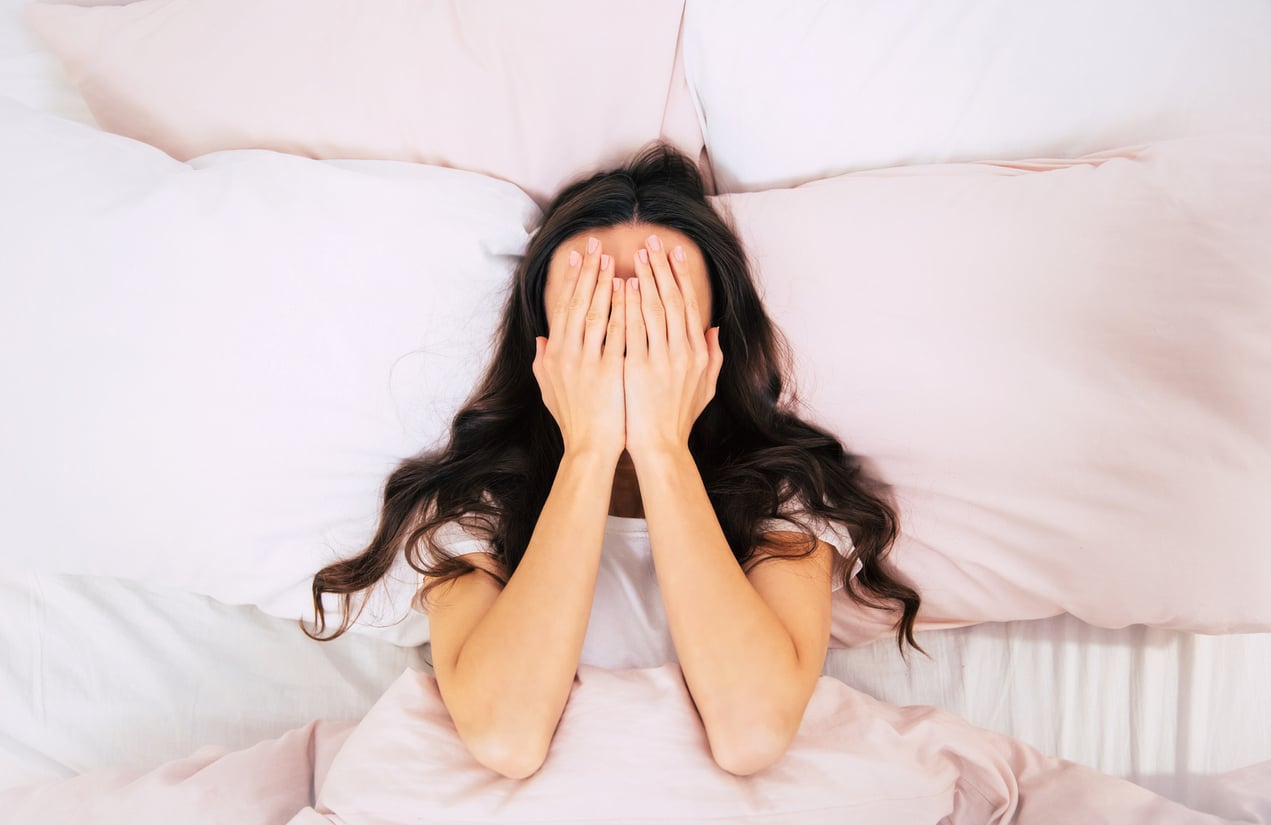 Now that we understand the potential damage that humidity can cause to our
mattresses
, it's important to take preventative measures. One way to protect your
mattress
is by investing in a waterproof mattress protector. This will create a barrier between the moisture and your
mattress
, keeping it dry and safe from mold and mildew growth. Additionally, using a dehumidifier in your bedroom can help control the levels of humidity and reduce the risk of damage to your
mattress
.
In conclusion,
humidity
can have a significant impact on the condition and lifespan of your
mattress
. By understanding the potential damage and taking preventative measures, you can ensure that your
mattress
remains in good condition for years to come. Don't let humidity ruin your sleep and invest in the necessary precautions to protect your
mattress
.
Now that we understand the potential damage that humidity can cause to our
mattresses
, it's important to take preventative measures. One way to protect your
mattress
is by investing in a waterproof mattress protector. This will create a barrier between the moisture and your
mattress
, keeping it dry and safe from mold and mildew growth. Additionally, using a dehumidifier in your bedroom can help control the levels of humidity and reduce the risk of damage to your
mattress
.
In conclusion,
humidity
can have a significant impact on the condition and lifespan of your
mattress
. By understanding the potential damage and taking preventative measures, you can ensure that your
mattress
remains in good condition for years to come. Don't let humidity ruin your sleep and invest in the necessary precautions to protect your
mattress
.


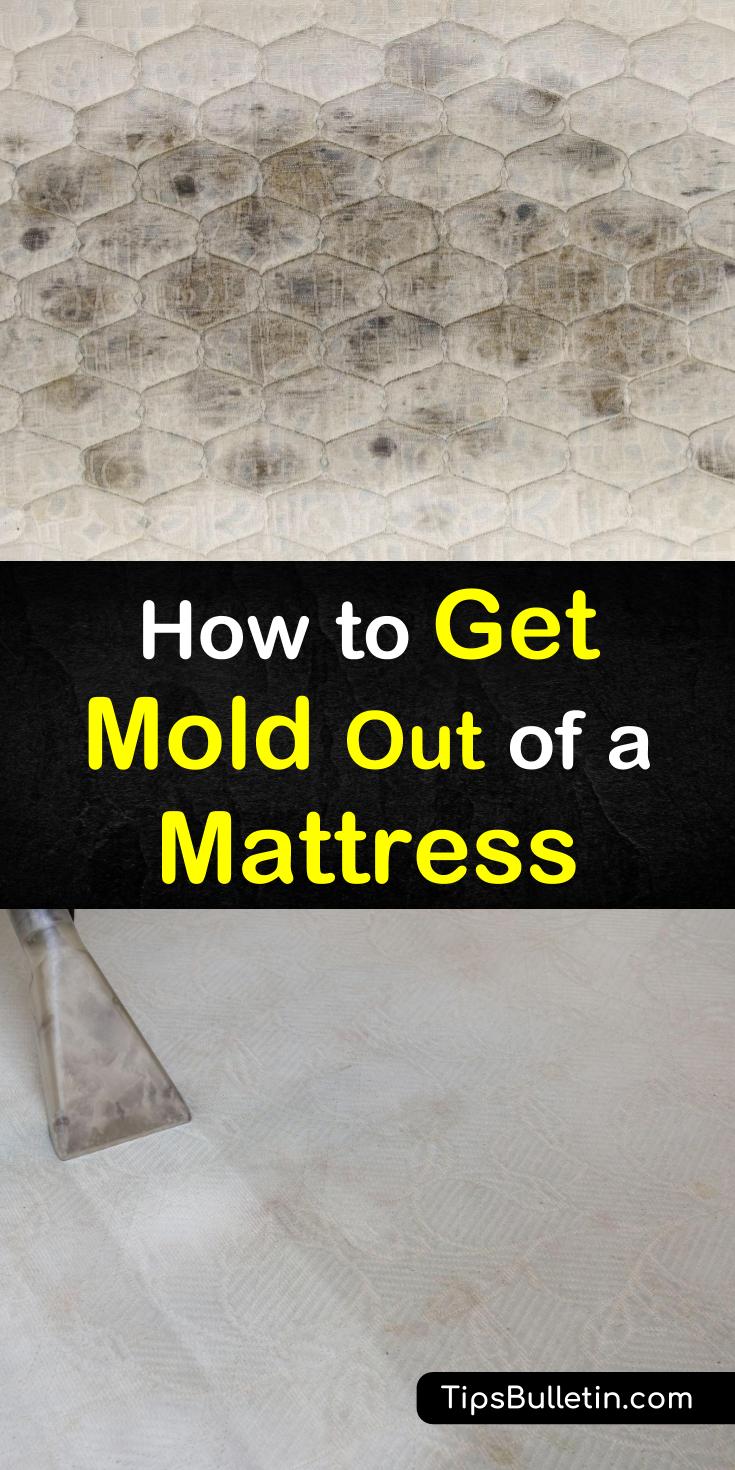
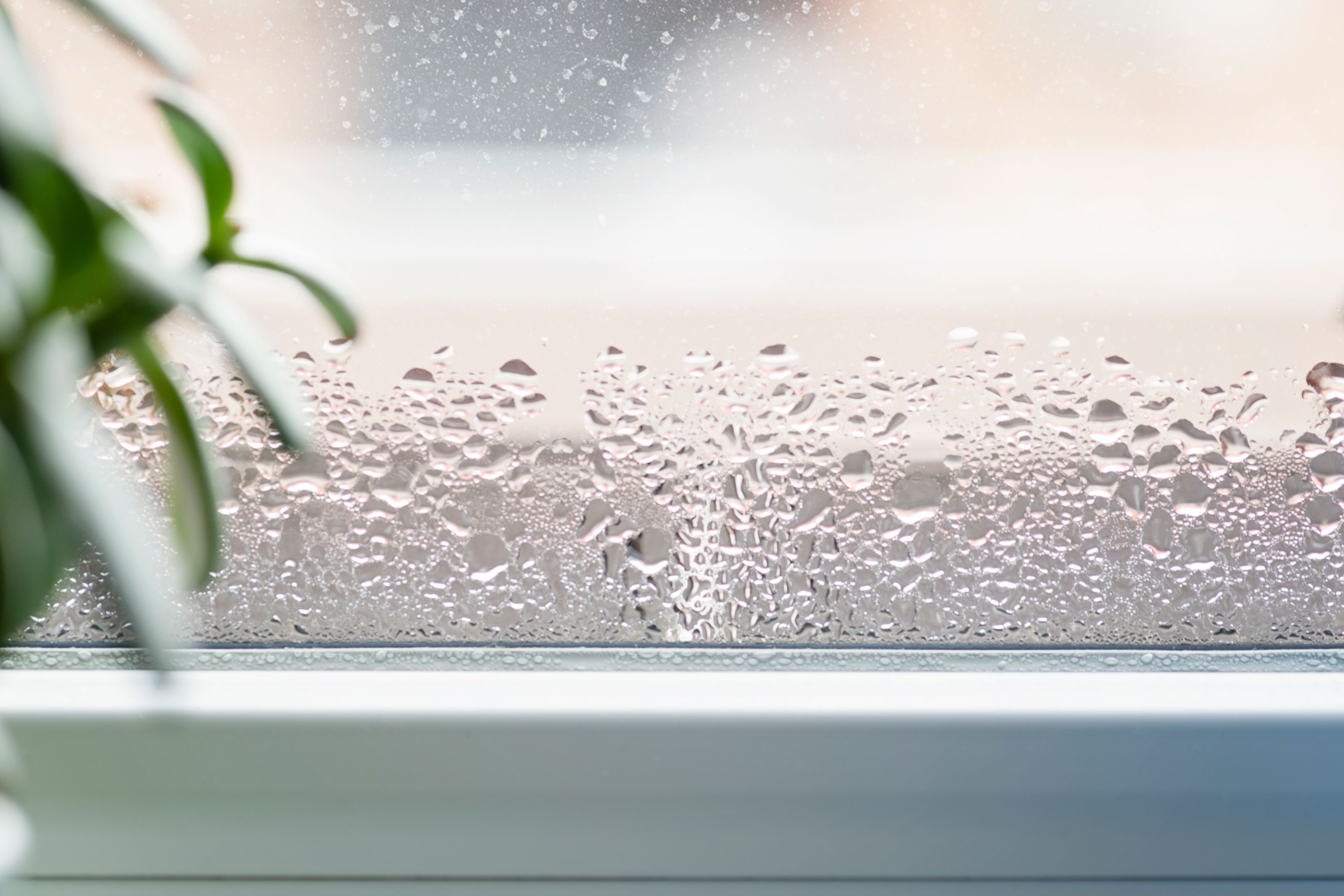









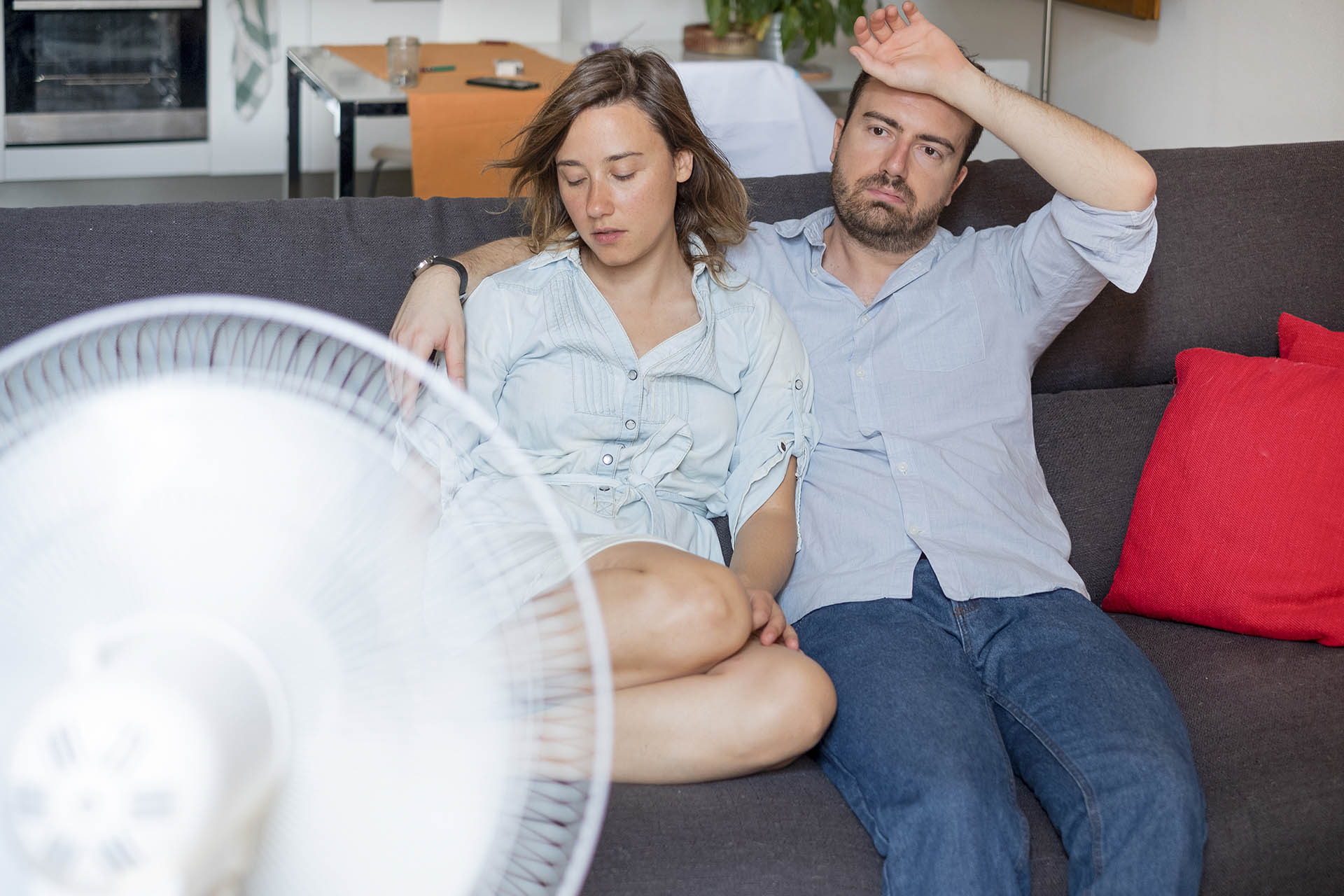
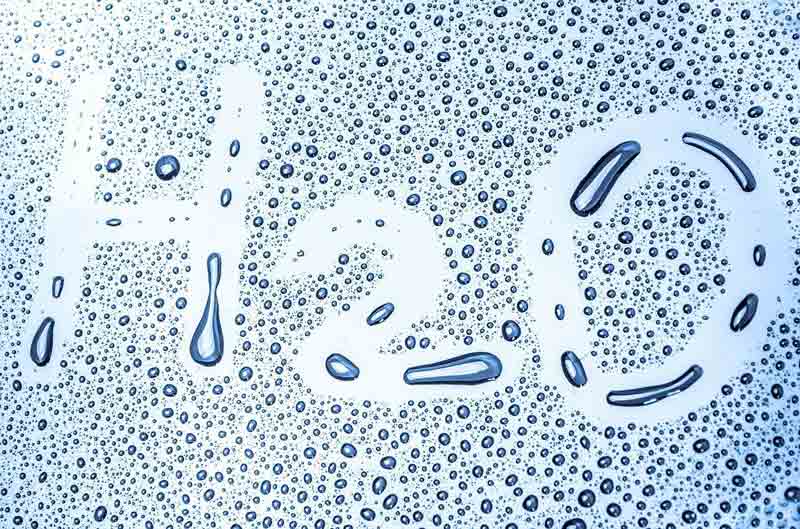
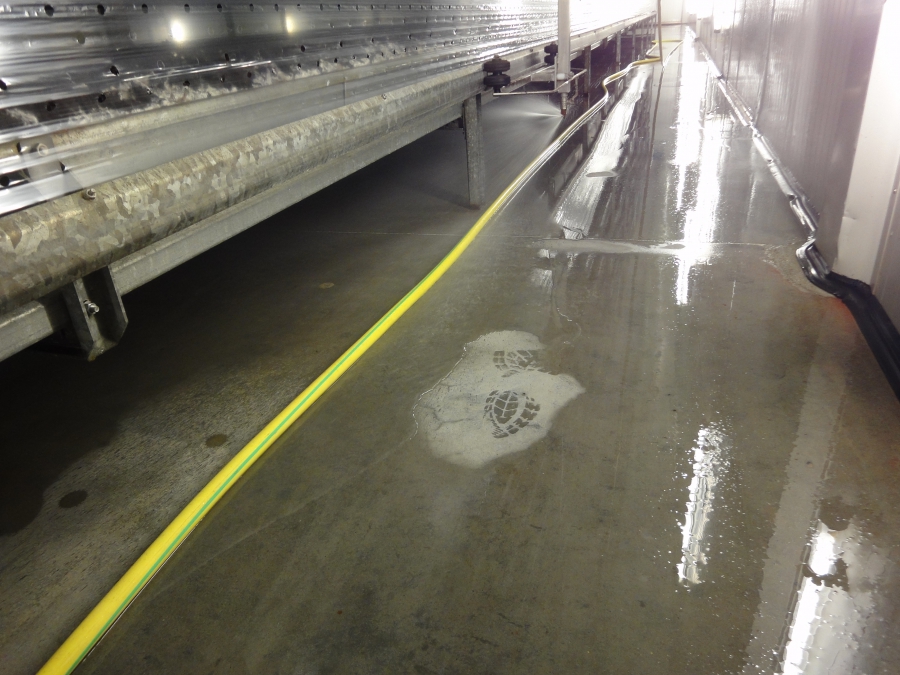


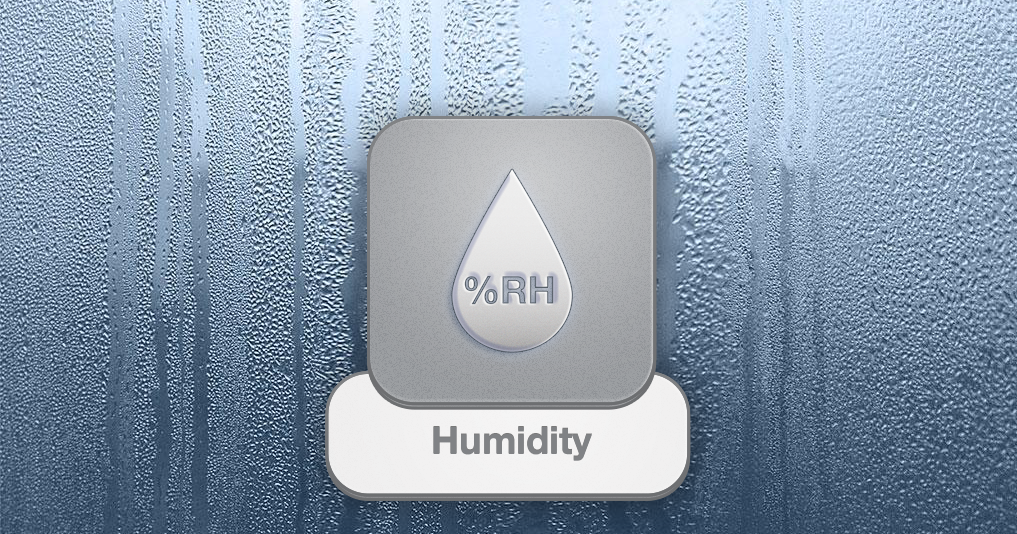



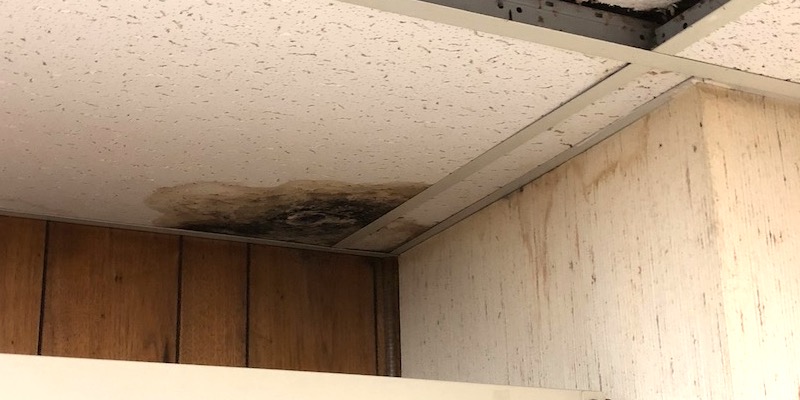
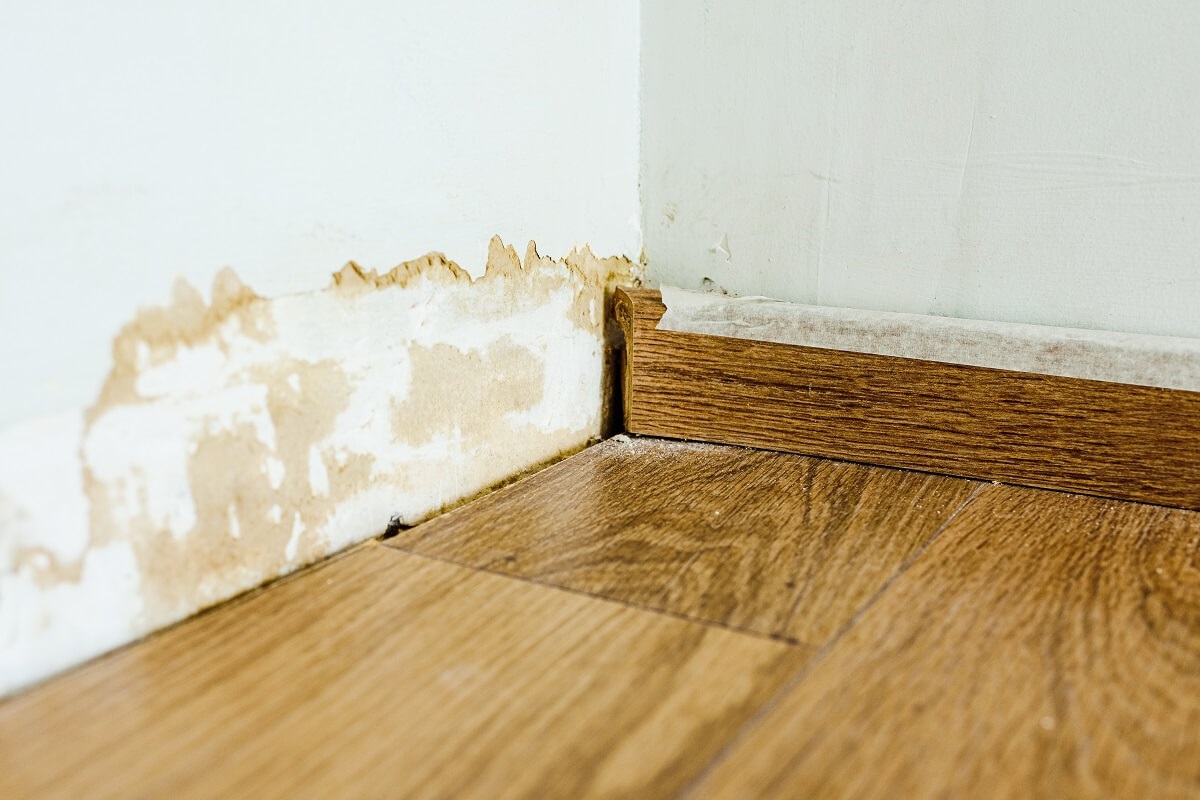
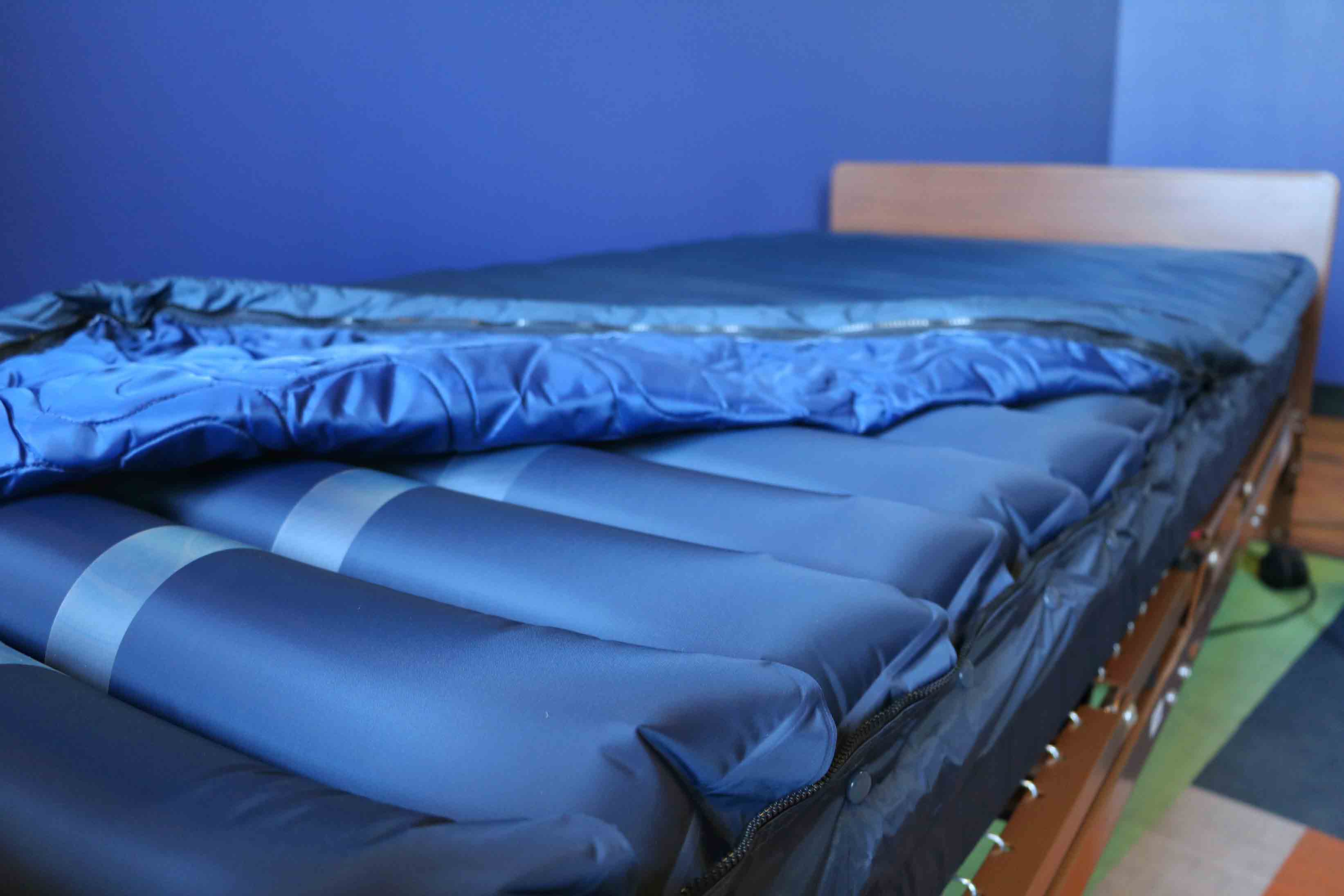
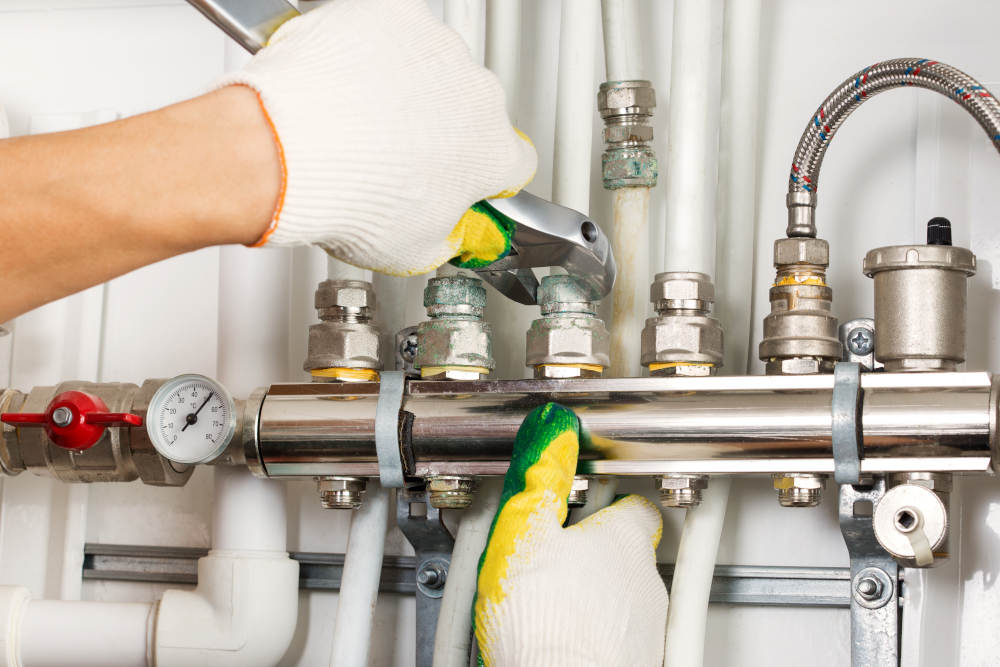

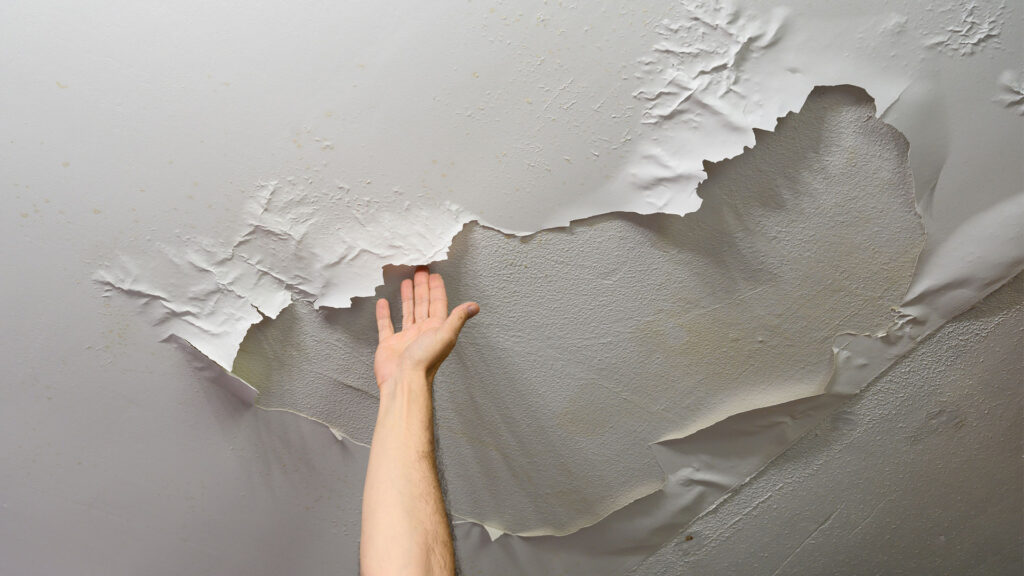


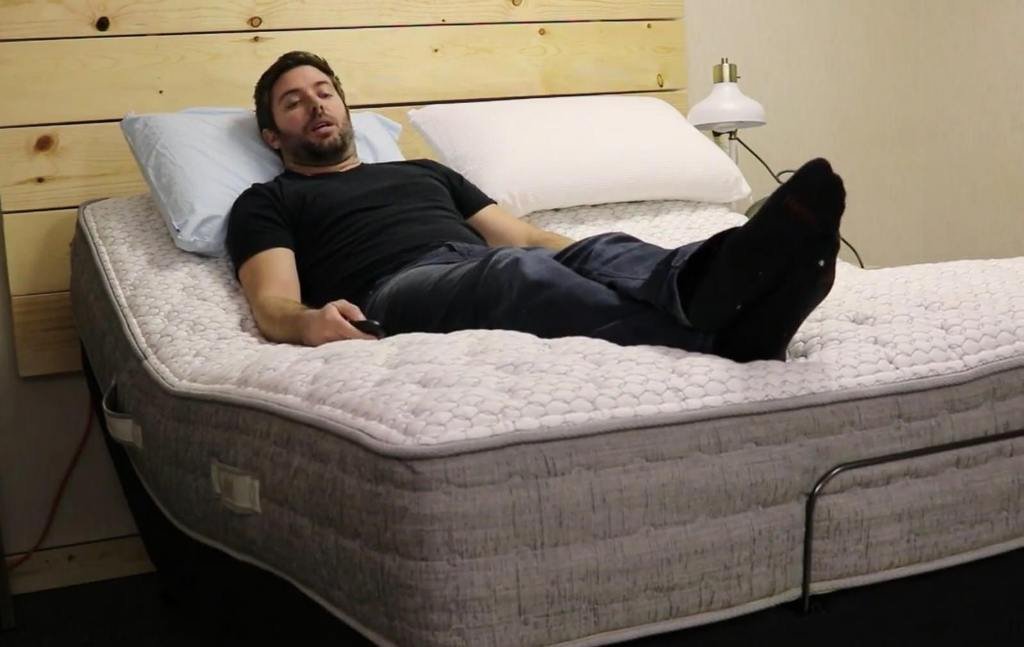



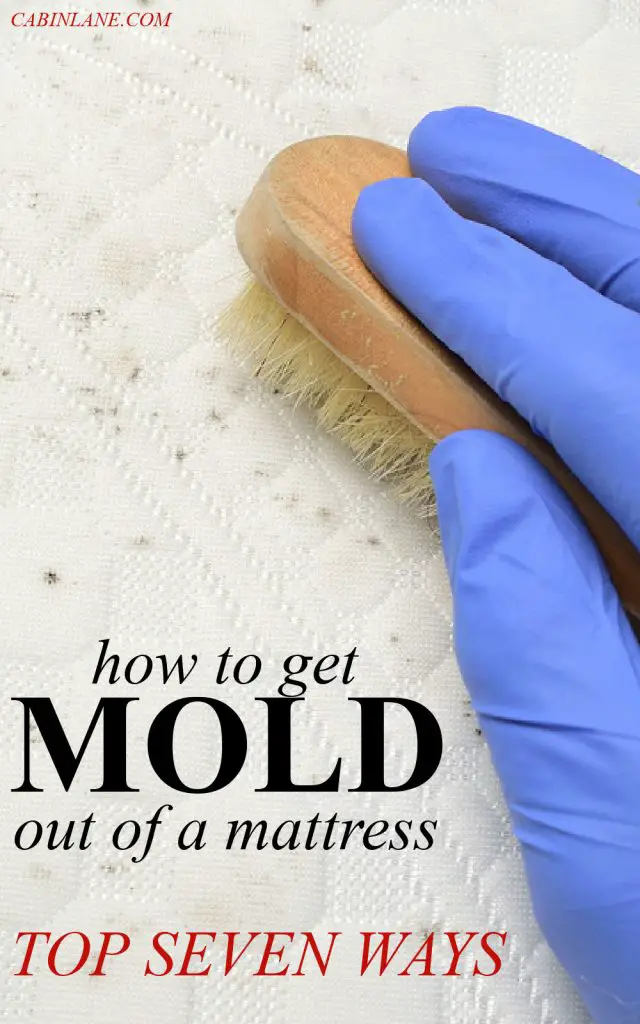
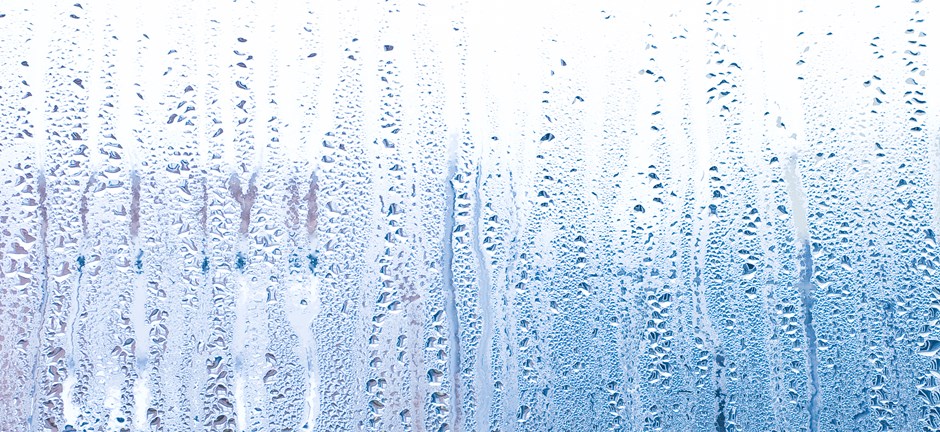
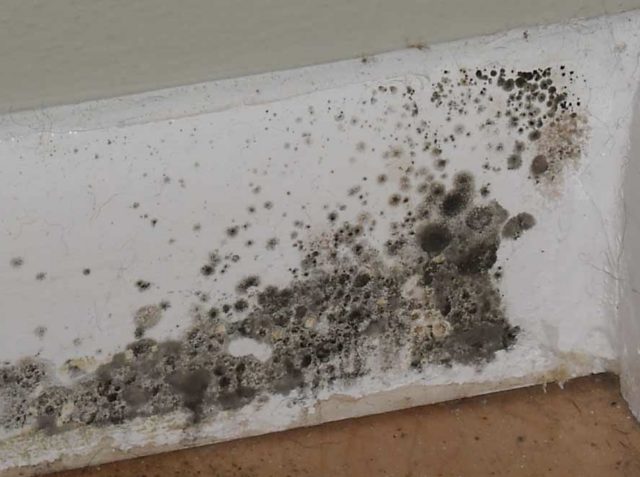
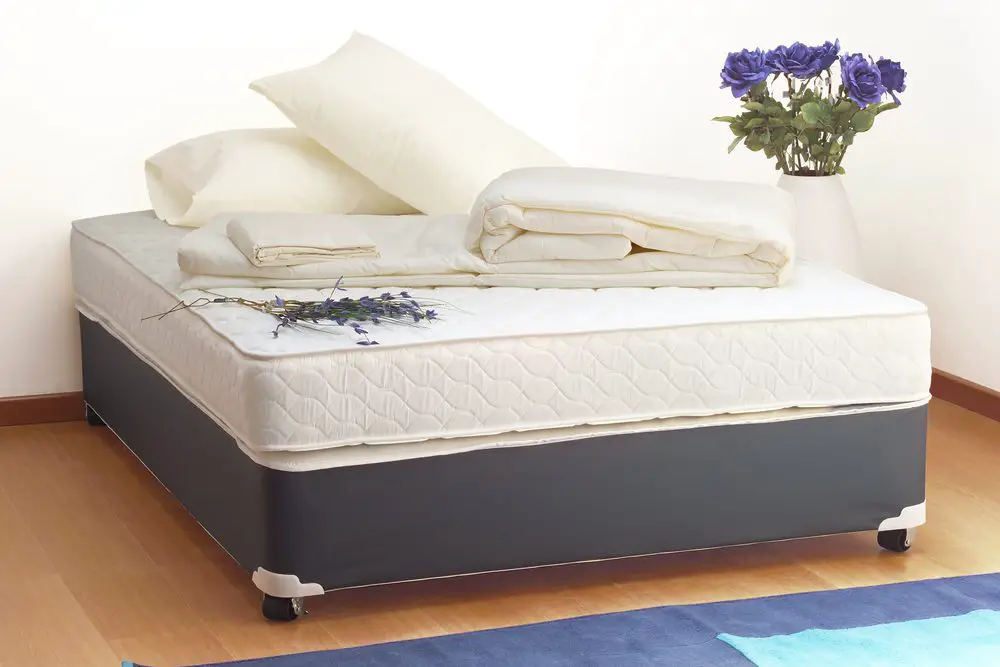



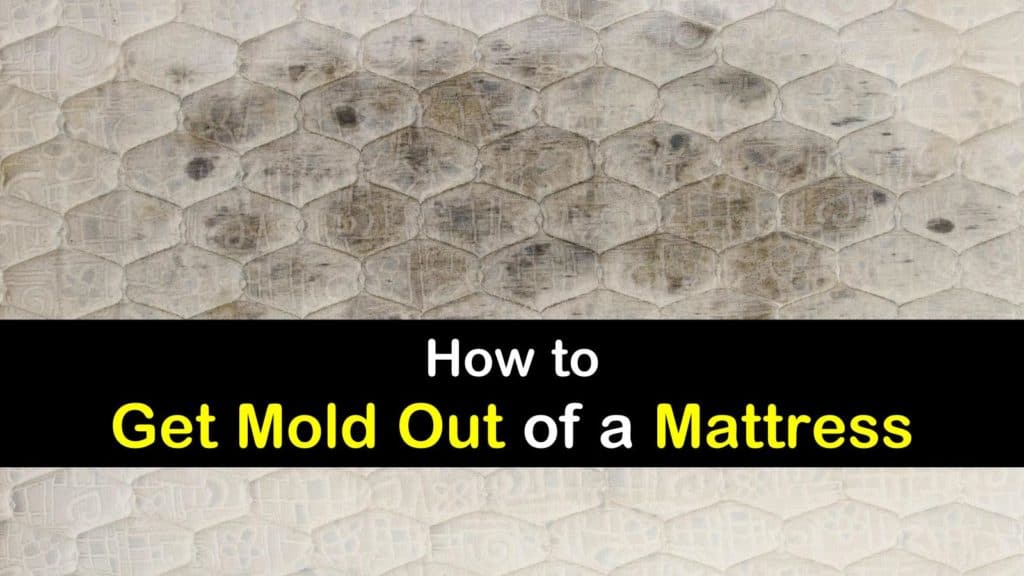
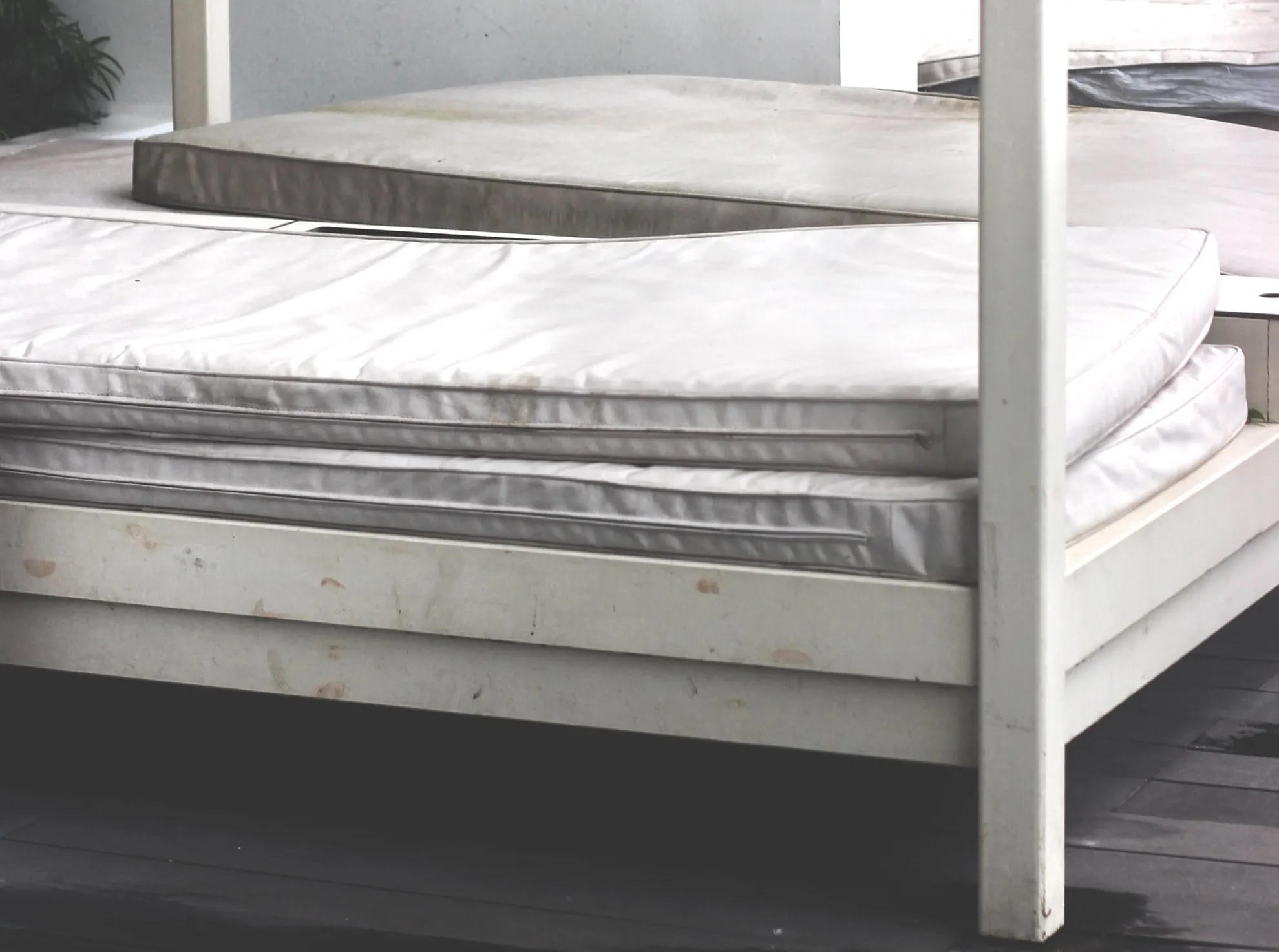


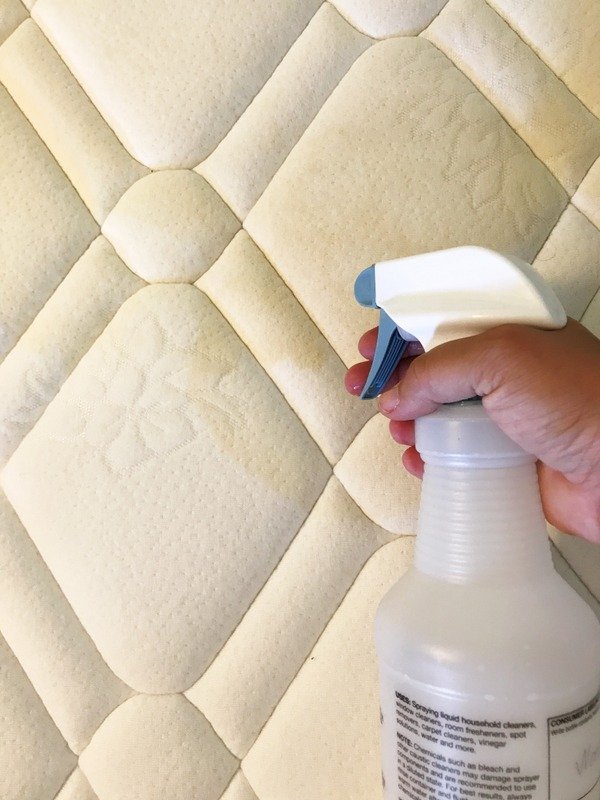
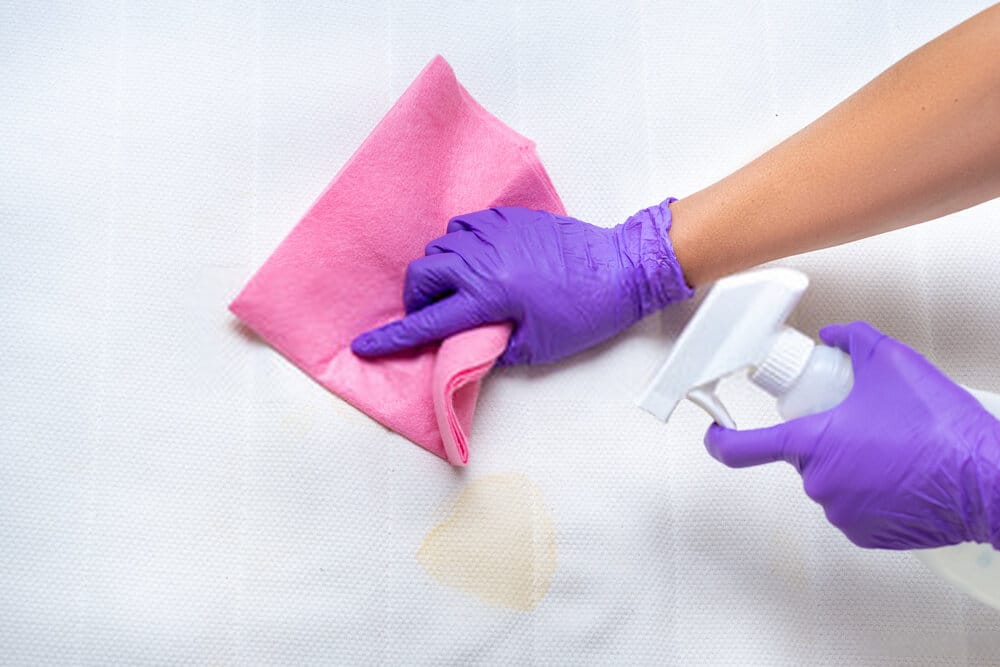
:max_bytes(150000):strip_icc()/remove-urine-odors-from-mattresses-step05-0dc1fc9a491d4f8b9fe9379346a07117.jpg)


